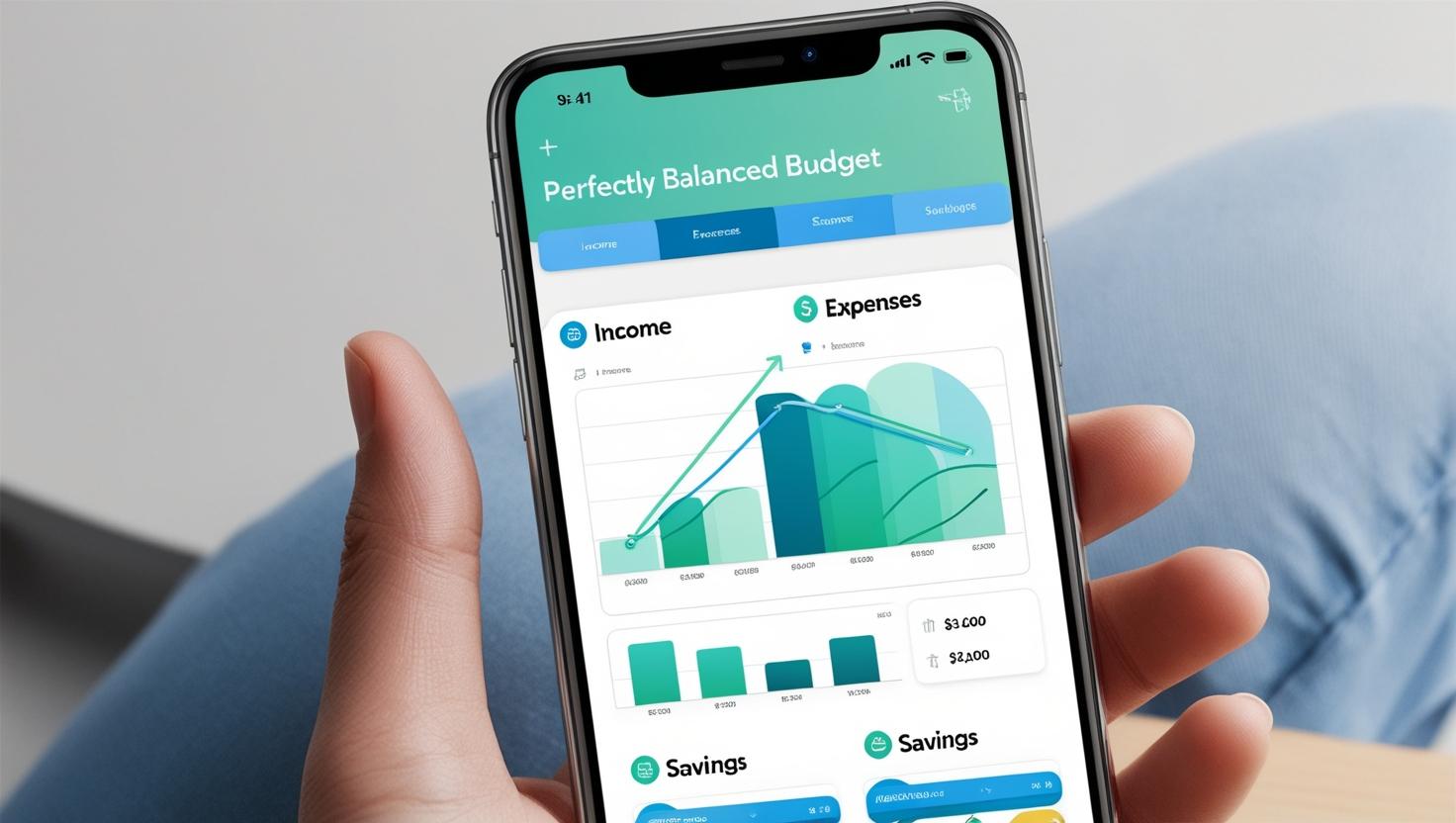05-02-2025
Budgeting & Expense Management
How to Create a Monthly Budget That Works for You
A well-crafted monthly budget is the cornerstone of financial stability. It helps you track your income, control your expenses, and achieve your financial goals. Without a proper budget, it’s easy to lose track of spending, miss savings opportunities, and struggle with financial stress. Creating a budget that works for you involves careful planning, consistent review, and adjustments as your financial circumstances evolve.
The Importance of a Budget
A budget offers numerous benefits, including:
- Improved Financial Awareness: Understand exactly where your money is going each month.
- Controlled Spending: Prevent overspending by setting clear limits.
- Achieving Goals: Allocate resources toward short- and long-term objectives, such as saving for a home, vacation, or retirement.
- Debt Management: Prioritize debt repayment to reduce interest costs and achieve financial freedom.
Steps to Create a Successful Budget
- Determine Your Income: Calculate your total monthly income, including salary, side gigs, and passive income sources.
- Track Your Expenses: Record every expense for a month to identify spending patterns. Categorize expenses into fixed (e.g., rent) and variable (e.g., dining out).
- Set Clear Goals: Define specific financial goals, such as building an emergency fund, paying off debt, or saving for a big purchase.
- Choose a Budgeting Method:
- 50/30/20 Rule: Allocate 50% of income to needs, 30% to wants, and 20% to savings/debt repayment.
- Zero-Based Budgeting: Assign every dollar of income a specific purpose, leaving zero unallocated funds.
- Envelope System: Use cash in labeled envelopes for discretionary categories to limit overspending.
- Monitor and Adjust: Review your budget monthly to ensure you’re meeting your goals. Adjust for changes in income, expenses, or priorities.
Tools and Tips for Easier Budgeting
- Budgeting Apps: Use tools like Mint, YNAB, or PocketGuard to automate tracking and receive insights.
- Automate Savings: Set up automatic transfers to savings accounts for consistency.
- Cut Unnecessary Expenses: Cancel subscriptions you no longer use, negotiate bills, and shop smarter.
- Involve Your Household: Ensure all family members are aligned with the budget to avoid conflicts.
Challenges and How to Overcome Them
- Irregular Income: For freelancers or seasonal workers, base your budget on the lowest expected income and save excess during higher-earning months.
- Unexpected Expenses: Build an emergency fund to handle surprises without derailing your budget.
- Impulse Spending: Avoid temptation by creating a 24-hour rule before making non-essential purchases.
A budget isn’t static—it evolves with your financial situation. Regularly review and adjust it to reflect changes in income, expenses, and goals. With discipline and consistency, a well-crafted budget can lead to financial freedom and peace of mind.
Source: National Endowment for Financial Education, "Budgeting Basics," nefe.org

